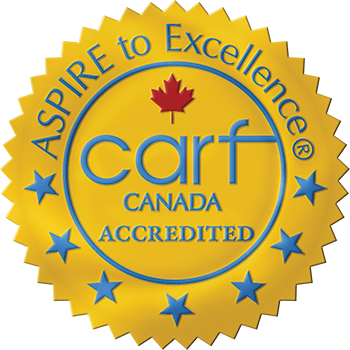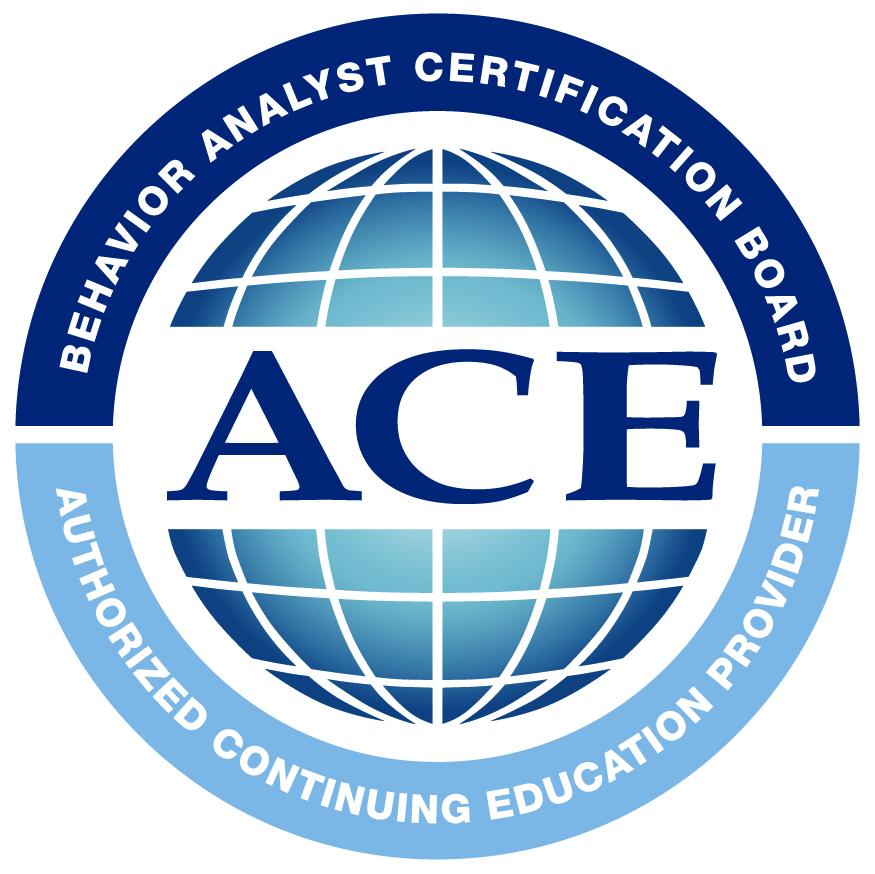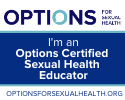Learning our history isn’t just about reflecting on the past—it gives us new ways of seeing our present. June is National Indigenous History Month in Canada. It’s an opportunity for all Canadians to learn about and celebrate the diverse cultures and experiences of First Nations, Inuit and Métis peoples.
One of the ways we recognize Indigenous history in our everyday lives is through land acknowledgements. You’ve likely heard, or even given, a land acknowledgement at the beginning of a meeting or event. You will also see written acknowledgements, like the one at the bottom our website:
We respectfully acknowledge that our work in supporting good and full lives for everyone, takes place on the ancestral territories of the Coast Salish and Interior Salish peoples, including the xʷməθkwəy̓əm, Skwxwú7mesh, and Səlílwətaʔ/Selilwitulh nations. We are grateful for their care and teachings about the land, water, sky and life that they sustain. May we honour these teachings by accelerating equity, embracing diversity, and fostering inclusion in the communities where we live and work.
These acknowledgements are a way of showing respect for the land. They also recognize the lasting impacts of colonialism, and express our gratitude for the Indigenous peoples who still live on and care for the land. (The YWCA has a great article about why we do land acknowledgements, along with some tips and resources.) Reconciliation involves working to a build a shared future, and develop relationships with mutual respect and trust.
This month, you might participate in community celebrations on June 21, National Indigenous Peoples Day. Or explore the First Peoples’ Map of BC. As you explore the many events and resources available during Indigenous History Month, consider what you can do year-round to work toward reconciliation and engage with the Indigenous arts, cultures, stories and languages that enrich our communities.
Below are a few more ways you can listen, watch, and learn:
LISTEN
The Museum of Vancouver is presenting a virtual conversation with Rebecca Lyon, Jaime Smallboy, and Aleen Sparrow on “unraveling colonial threads.” Through their work, they are reconnecting to their Indigenous identities and using their voices to raise awareness to racism and lateral violence that stems from colonization. This conversation aims to bring awareness to how we can continue to educate ourselves on the impacts of colonization during Indigenous Peoples month and beyond.
Date: Tuesday, June 28, 2022
Time: 5:00pm – 6:00pm
Location: Zoom Webinar
Tickets: Free
Register here: https://museumofvancouver.ca/unraveling-colonial-threads

WATCH
The National Film Board of Canada has many free-to-watch films about Indigenous life and culture on their website, NFB.ca. One recent addition is Mary Two-Axe Earley: I Am Indian Again, a half-hour documentary about a Mohawk woman who fought for more than two decades to challenge sex discrimination against First Nations women embedded in Canada’s Indian Act. Mohawk filmmaker Courtney Montour uses archival recordings and new interview to illuminate this period in our history and honour the legacy of a woman who became a key figure in Canada’s women’s rights movement.
Watch here: https://www.nfb.ca/film/mary-two-axe-earley/

LEARN
The University of Alberta’s the Faculty of Native Studies offers a free online course called Indigenous Canada. The course explores the different histories and contemporary perspectives of Indigenous peoples living in Canada. Topics for the 12 lessons include the fur trade and other exchange relationships, land claims and environmental impacts, legal systems and rights, political conflicts and alliances, Indigenous political activism, and contemporary Indigenous life, art and its expressions.
You can complete the course in your own time and earn a certificate upon completion.
Learn more and enroll here: https://www.coursera.org/learn/indigenous-canada











